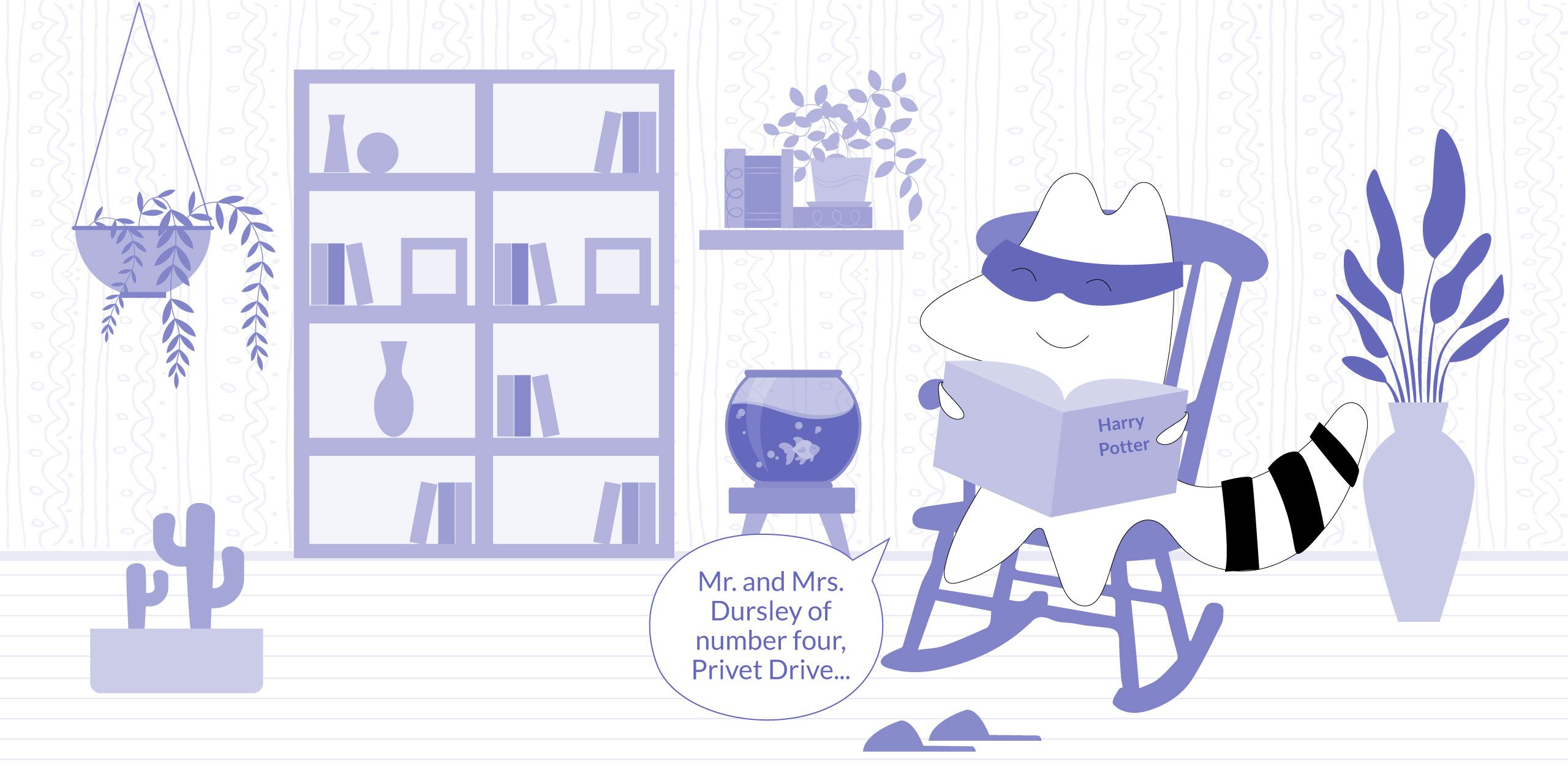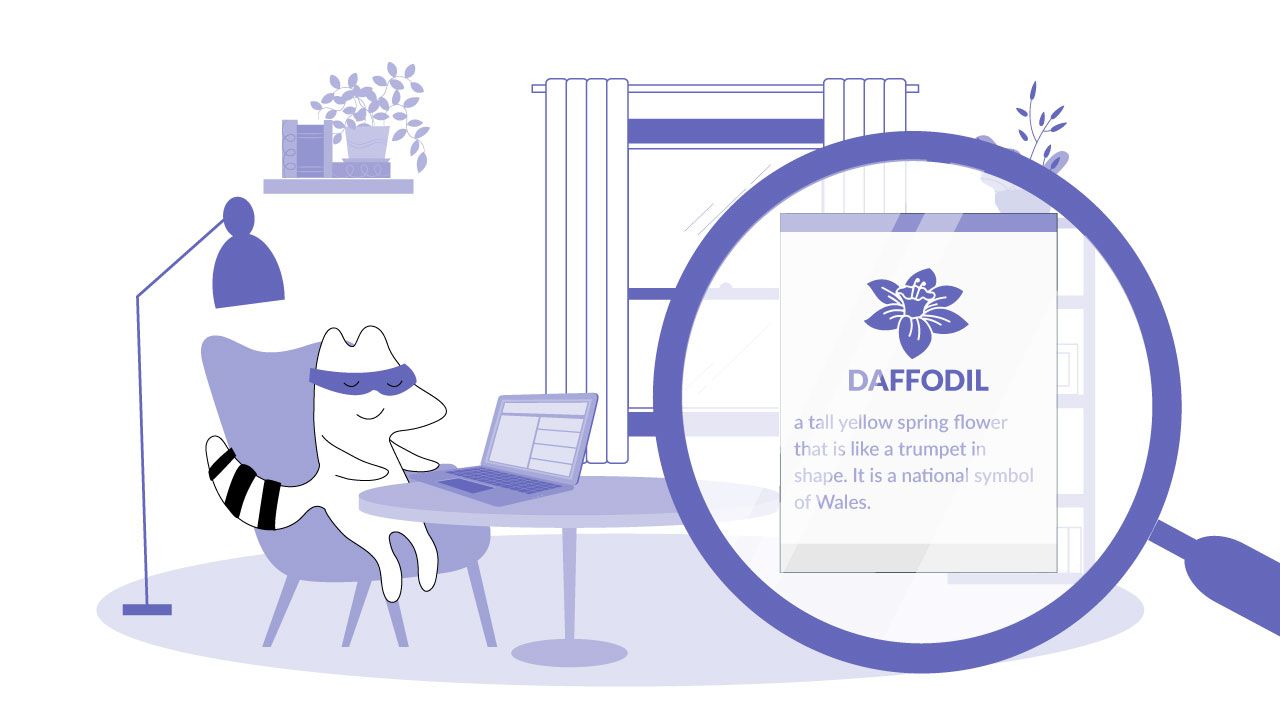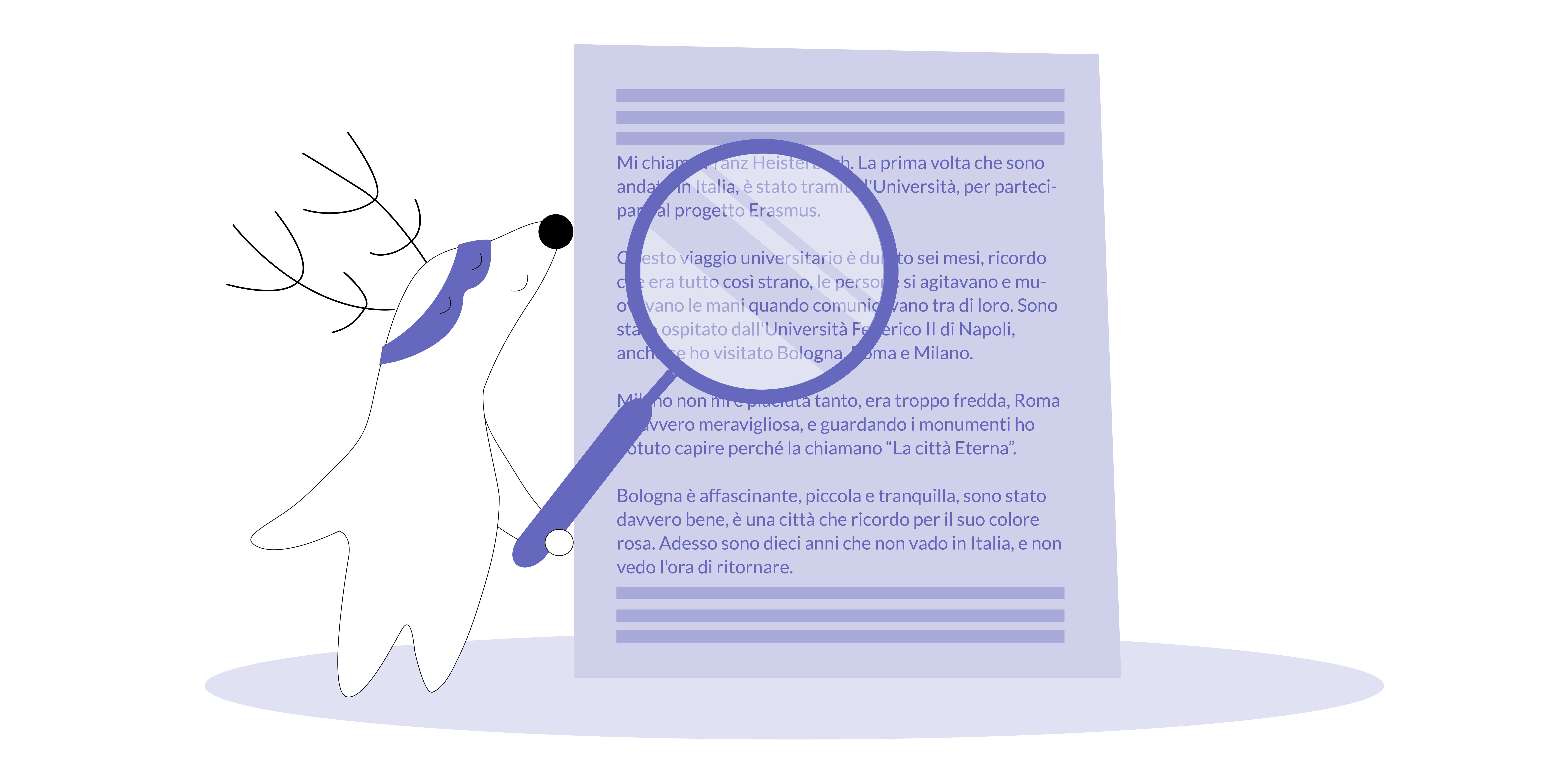
Reading is critical for anyone who wants to improve their English language skills. But, reading comprehension can be difficult, especially for beginners. The good news is that there are some simple techniques you can use to understand more of what you read and pass every exam that comes your way.
Let’s deal with the obvious right away: the main thing you need to do is to switch to reading in English as much as possible. This means reading everything from fiction and non-fiction books to work-related articles to your newsfeed in English.
Whether you're a beginning English learner or you've been studying the language for years, this article will help you become a better reader. Read on to learn English reading tips and boost your language skills!
Learn English with Langster
What Is Reading Comprehension?
Reading comprehension is the ability to read and understand written text. It's a complex process that involves several different skills, including:
- recognizing words,
- understanding the meaning of those words,
- making connections between what you're reading and what you already know,
- drawing inferences from the text,
- supporting your understanding with evidence from the text.
If you want to improve your reading comprehension, you need to work on all of these skills. Luckily, there are some simple things you can do to practice each one.
Read Aloud
One of the best ways to improve your English reading skills is to practice reading aloud. This may seem like a simple tip, but it's actually very effective. When you read aloud, you're forced to slow down and pay attention to each word. This can help you catch words that you might otherwise miss when reading silently.
In addition, it can help you improve your pronunciation. If you're not sure how to pronounce a word, reading it aloud will help you get a better feel for the correct way to say it.
Keep in mind that, in contrast to improving your speaking or listening skills, you can practice reading text at your own pace. This should eliminate the pressure – just make sure to allocate enough time for reading practice.
Read Books at the Right Level
Another great way to improve your reading comprehension is to read books at the right level. After all, reading books is one of the best methods to gain comprehension of a new language!
However, if you read material that’s too difficult or overflowing with unknown words, you will quickly get frustrated and give up. On the other hand, if you read material that's too easy, you'll probably find it boring.
To find books at the right level, try looking for ones that are specifically designed for English learners. These books will often have a lot of illustrations and comprehension questions to help you understand the story and its main ideas. They'll also include a glossary so you can look up any English words you don't know and build up new vocabulary.
Alternatively, you can download our Langster app and start learning English with short stories! Inside, you will find grammar explanations and audio from native speakers that will help you boost your writing skills and start to speak English more fluently, too.
You can always ask your teacher or tutor for recommendations on titles suitable for your English level. For a good starting point, consider looking into our selection of the best books for beginning English learners.

Reread
If you're having trouble understanding what you read the first time, try reading it again. The more times you read something, the easier it will be to understand. This is because rereading helps build fluency – the ability to read smoothly and quickly.
When you reread, pay attention to words that are difficult to pronounce or new words that you don't understand. By focusing on unfamiliar words when reading English texts, you'll be able to learn them more easily.
You can also try to combine two reading techniques by reading aloud when you reread. This will help you catch any mistakes you make and sound out the words correctly.
Practice Speed-Reading
One of the best ways to improve your reading comprehension is to practice speed-reading. Speed-reading is a skill that allows you to read quickly while still understanding what you're reading. It's a great way to get through material quickly, especially if you have a lot of reading to do.
To practice speed-reading, start by eliminating distractions and finding a quiet place to read. Then, essentially, all speed-reading techniques are the same – you should avoid pronouncing and "hearing" each word in your head. This process is also known as sub-vocalization.
Concentrate on blocks of words rather than on individual ones – this will allow your eyes to get through the page faster. You can also try the Pointer Method, the Tracker-and-Pacer Method, or the Scanning Method.
After you've practiced for a while, you'll be surprised at how much faster you can read English texts. And the more you practice, the better your reading comprehension will become. Besides, speed-reading can be an extra valuable skill for students dealing with lots of information before exams.

Use a Dictionary
If you're reading something and you come across a word you don't know, look it up in a dictionary. Don't try to guess the word's meaning based on the context. This can lead to confusion and may prevent you from understanding the rest of the text.
Don’t just translate a new word into your native language. Read its English definition and pay attention to the part of speech (noun, verb, adjective, etc.). This will help you understand how the word is used in the sentence.
You can also try using an online dictionary, such as Merriam-Webster or Dictionary.com. These dictionaries often have audio pronunciations of words so you can hear how they're pronounced.
For more options, check our article about the best online dictionaries for beginners.

Write a Summary of What You've Read
Once you've finished reading, take a few minutes to write a summary of what you've read. This will help you remember the general idea and main events from the text.
When you write your summary, focus on the who, what, when, where, and why of the story. For example, if you're reading an article about a new restaurant in town, you might write down the name of the restaurant, its location, the type of food it serves, how long it's been open, and what people are saying about it.
If you're having trouble summarizing what you've read, try breaking the text down into smaller sections. For each section, write down a few key points. Then, once you've done that, try to put all of the information together into one cohesive summary.
The Bottom Line

All of these tips will help beginning and advanced learners alike improve their English reading skills. But, it's important to remember that practice makes perfect. The more you read, the better you'll become at understanding what you're reading.
So, make time for regular reading – whether it's a book, an article, or something else entirely. And, don't be afraid to ask for help if you need it – there are plenty of resources available to assist you in becoming a better reader. Thanks for following along!









